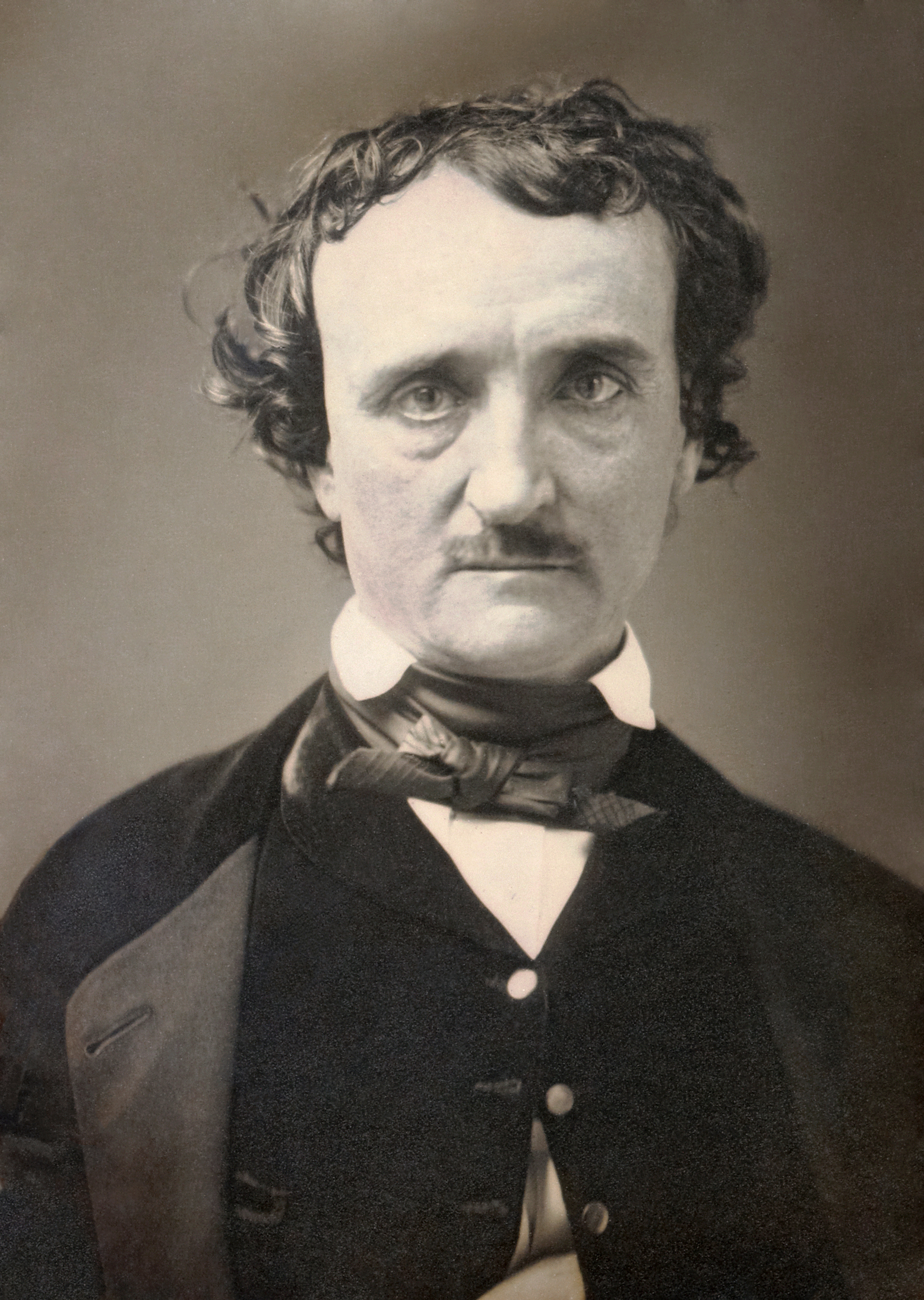William Wilson (1839)
Edgar Allan Poe Quotes
“Come! let the burial rite be read — the funeral song be sung!”
An anthem for the queenliest dead that ever died so young —
A dirge for her the doubly dead in that she died so young.
"Lenore", st. 1 (1831).
“For the love of God Montresor!”
"The Cask of Amontillado" (1846).
quit the bust above my door!
Take thy beak from out my heart, and take thy form from off my door!"
Quoth the Raven, "Nevermore."
Stanza 17.
The Raven (1844)
“There is no oath which seems to me so sacred as that sworn by the all-divine love I bear you.”
By this love, then, and by the God who reigns in Heaven, I swear to you that my soul is incapable of dishonor — that, with the exception of occasional follies and excesses which I bitterly lament, but to which I have been driven by intolerable sorrow, and which are hourly committed by others without attracting any notice whatever — I can call to mind no act of my life which would bring a blush to my cheek — or to yours. If I have erred at all, in this regard, it has been on the side of what the world would call a Quixotic sense of the honorable — of the chivalrous.
" Letter to Mrs. Whitman http://www.lfchosting.com/eapoe/WORKS/letters/p4810181.htm" (1848-10-18).
